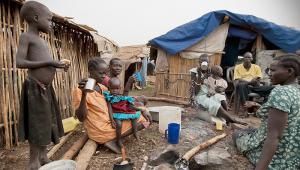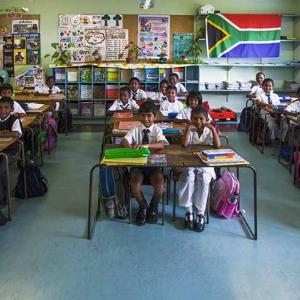By Richard Johnstone | 21 March 2014
Government debt relief for Sudan is needed to ensure stability in the region following the secession of South Sudan to form a new country, the African Development Bank has said.
A delegation of nine executive directors from the bank concluded a visit to Sudan yesterday where they examined the country’s economic, social and development issues with the president and finance minister.
Publishing its conclusions, the group highlighted that the government had taken steps to implement the economic reforms required by an International Monetary Fund and World Bank programme that forms the basis of vital debt relief efforts.
Sudan’s total government debts stood at 82.2% of gross domestic product in 2012, according to the IMF, which predicted last October that the country’s ‘debt distress’ would see this rise to 87.6% by the end of 2013.
Under a ‘zero option’ agreement when South Sudan was formed in 2011, the new country agreed to join outreach efforts for debt relief for Sudan before a split in the liabilities was agreed.
Having made progress on the technical front, the bank delegation called on both countries to intensify diplomatic efforts in reaching out to bilateral creditors, especially the Paris Club members.
Securing debt relief for both Sudan and South Sudan was the most urgent post secession issue, the AfDB said. The bank would continue to work closely with stakeholders to ensure a continuous dialogue aimed at resolving the issue.
‘The delegation strongly encouraged the two countries to scale-up their efforts and build the momentum that will bring on board its creditors,’ its statement added.
In Sudan, work was also needed to unleash the potential of the private sector and civil society to contribute significantly to policy processes critical for revitalising the economy, the report added.
Although the government has worked to upgrade the infrastructure needed for business investment, poverty reduction and regional integration, there remained an opportunity to do more.













